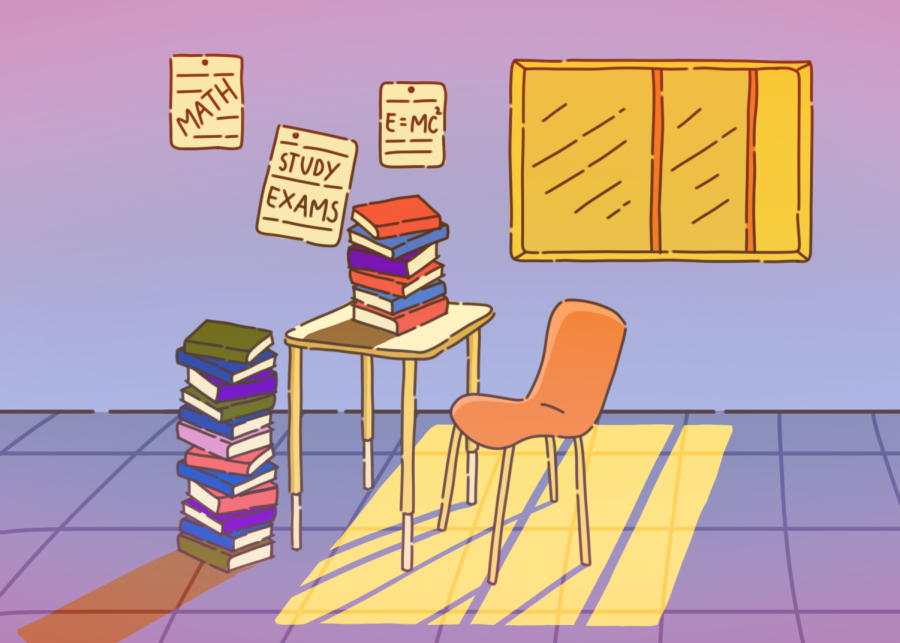Feeling burnt out? Read this.
As the pandemic continues to take a toll, De Anza College staff and students share tips to avoid feeling burnt out.
Psychological Services counselor Brian Lippincott emphasized cognitive reframing, in which you shift focus from the negative to the positive.
He said cognitive reframing includes scheduling time for rest, creativity and socialization.
“We don’t schedule the positive things,” Lippincott said. “The axiom is ‘stress plus rest equals growth.’”
Cody Connors, a 21-year-old computer science major, said he makes time for pleasant activities to avoid feeling overworked.
“I will sometimes go outside, watch a show for a little bit and take small breaks,” Connors said.
Mary Sullivan, director of Health Education and Wellness, also urged students to get seven to eight hours of consecutive sleep — even if that means going to bed at 3 a.m. and waking up at 10 a.m.
She added that working hard without burning out is a difficult balance to strike.
“It’s a lifelong lesson,” Sullivan said. “The expectation that you’ll figure it out and solve it and you never have a problem again is not true.”
A social support system can make it easier to find that balance.
“You have to have some source of support, but it needs to be positive,” Lippincott said. “Negative social support is really bad.”
Connors also includes his dog with his friends and family as part of his support.
“I’ll go outside with my dog or bring him into my room,” Connors said. “and just hang out with him.”
But Sullivan said a strong support system needs more than pets, friends and family — students need a mental health professional, too.
“They can help you see the connections,” Sullivan said. “Where the speed bumps are that you’re bumping into.”
Lippincott suggested joining one of Psychological Services’ support groups to strengthen your support system.
Students can also support themselves with positive affirmations, Sullivan advised.
“You are good and enough,” Sullivan said. “You’re allowed to be kind to yourself.”



